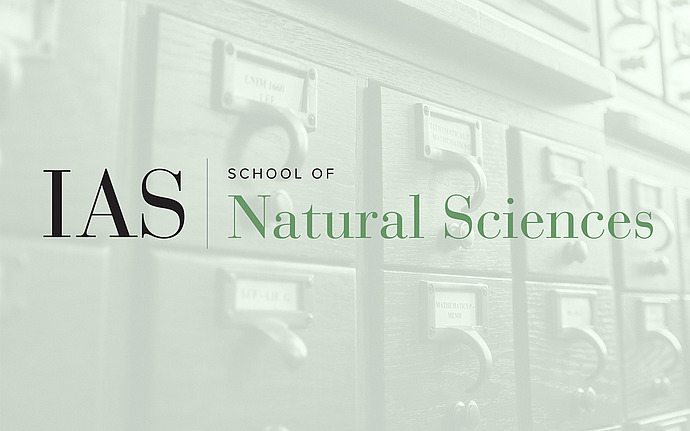
Institute for Advanced Study / Princeton University Joint Astrophysics Colloquium
Mars: History of a Habitable World and Lessons for Terrestrial Planet Evolution
What governs whether large-scale planetary habitability is sustained through time? Lakes, valley networks, groundwaters, hydrothermal systems, and chemically open-system weathering once existed on Mars. The suite of aqueous environments preserved in Mars' rock record – similar in diversity to Earth’s – ranges in pH, temperature, redox, and chemical species, varying in space and time. Was there life in these habitable environments? What sustained liquid water against freezing? What dictated environmental variability? And what drove long-term environmental change? With >50% of the surface rock record that is well-preserved from the first two billion years of its evolution, Mars is a linchpin in understanding the processes driving terrestrial planet evolution and habitability with lessons extending to exoplanets beyond our solar system. Here I will discuss the variability in geochemical environments with liquid water and the consequences of aqueous alteration of the Martian crust on the composition of the atmosphere. I will also look ahead to key locales where current and future missions with in situ analyses and/or sample return can search for past Martian life and answer many unresolved questions about the evolution of this world.